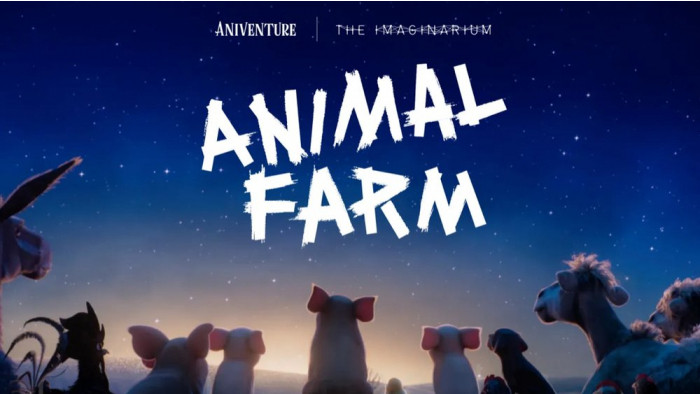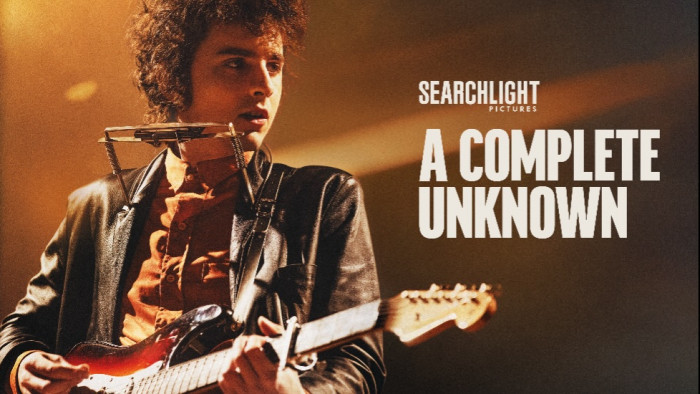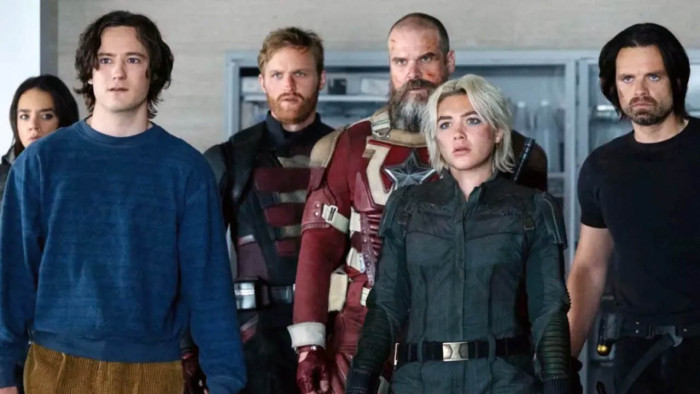Stareouts, traffic light romances & Billie Piper fan clubs: The overlooked genius of 'Big Train'
Remembering the surreal sketch show that overflowed with brilliance


Reader, I will let you into a little secret.
Normally, writing these sorts of things are almost effortless. I wrote a 20 year reappraisal of the incredible Brass Eye, analysing how well it had aged, digging out those overlooked components of what made it work, going in deep on what it still taught us about the nature of news and ‘outrage’ and marveling at the mesmerising performance of Chris Morris; it was an absolute breeze - a joy, in fact.
Then, I went in on I’m Alan Partridge, quickly coming to the conclusion that he is truly the Shakespeare of our times, reflecting us back at ourselves, representing the human condition itself (at least in the UK anyway), with this his purest work. Easy peasy.
And now, the third in my triumvirate: my Return of the King; my Return of the Jedi.
Big Train: without any doubt my favourite sketch show of all time, which broadcast its first episode 20 years ago today and thus is ripe for a revisiting and some delicious overanalysis.
But it’s been absolutely impossible to write.
Why, I hear you scream?
Well, just watch that sketch above for a start. It is essentially perfect. I have watched that sketch probably a thousand times and every single line in it makes me laugh, every single time. Everything about it is perfect. The depressing office with the dinosaur toys on the monitor in a vain attempt to inject some personality to it; the morale-sappingly mundane ill-fitting suits that the guys are in; the horrible little identikit plastic in-trays - these set the scene - literally - for what is to come (literally).
Every single performance in that sketch is Oscar-worthy - Mark Heap as the weary boss, finally having to confront an issue he’s been putting off for weeks; Kevin Eldon as the poor, depressed office worker that just wants to get on with his job without his end-of-year figures sticking together; Amelia Bullmore, who just insistently, repeatedly, tries to reason with Heap’s manager and then, the jewel in the crown: Simon Pegg’s blistering, utterly committed performance of absolute, steaming outrage and indignation that he is not going to be allowed to wank in the office any more. Just look at the genuine anger in his eyes as he remonstrates with this heinous constraint on his office freedoms, stabbing his finger as he barks the rhetorical question: “How well do we work when we can just wank at will?”

It is so perfect that there’s really little to add other than to simply impore you to watch it.
And it applies to the whole of Big Train. I watch both series - just 12 episodes in total, like all the greatest comedy - at least every six months. Every single time, it is a complete joy. Every single time I am reminded of truly phenomenal sketches that I’d forgotten about, yet know every single line of. Every single time I spot tiny little subtle touches - facial expressions, deft little adlibs you’d miss the first time round, throwaway ‘background’ words, lines or set features. It’s like listening to a great work of music: every viewing reveals something new.
But what really makes Big Train so great?
Two things: the absolute, total hilarious absurdity and the absolute, total commitment of the performances.
There are so many ideas here that could so easily have been left in the brainstorming room: Chaka Khan and the Bee Gees have a wild-west shoot out; jockeys are childishly obsessed with fire engines; The Artist Formerly Known As Prince (as he was then) stalks a herd of jockeys on the African plains (they had a thing about jockeys); a world stare-out championships; Keith Emerson as a (mostly) mute, synth-playing prisoner in Roman times; Jesus and the Devil work in the same office - all of these could have been dismissed as being too silly, or too one-note.
But, luckily for us, they went with all of them. It seemed to be that their motto was: If it’s funny, just do it and utterly commit to it.
This sketch, below, for the first 20 seconds, is completely harrowing. Only Pegg speaks, but everyone draws you in, it’s heartbreaking.
And then the music comes on.
I demand to know how many takes it took them to do this, because I cannot believe they didn’t fall about the place laughing, time after time. The instant transition that the peerless Rebecca Front manages to undertake for her bereavement monologue is just exquisite.
The Keith Emerson sketch is totally, completely ridiculous. It is also absolutely hilarious. To be fair, there’s no way simply a Yamaha DX-7 or a Moog would cut it for any serious prog enthusiast. But the pure, earnest performances pull you in once again.
Amelia Bullmore’s finest moment? This tour de force as a foul-mouthed, abusive, venomous Florence Nightingale. It is a masterpiece of a performance, with a display of swearing every bit as good as Malcolm Tucker would give us seven years later.
I mean, this - below - is just brilliant. The smirk that Pegg gives at 0:34 is sensational, as is Front’s ‘I’m-smiling-but-I-will-have-my-revenge-on-you’ look fractionally before.
You know exactly where the sketch is going at all times - everything is very deliberately telegraphed. But the quality of the writing, the performances - Front again at 2:20 with her slow shake of the head - they are so amazing that it carries you along. Giving the punchline away early and then still getting you to laugh is an incredibly hard trick to pull off.
You want another one which is absurd, committed and totally hilarious? Fine.
I don’t fully understand why Big Train was never bigger than it was. It was broadcast once - series one in 1998 and series two in 2002. You never see it repeated, it’s not on any streaming services. There are no ‘official’ YouTube uploads, just fan clips you’ve seen above.
Yet watching it, at the time, and now, it’s no surprise that virtually all of the cast - Pegg, Heap, Eldon in both series, Bullmore and Julia Davis in series one and Front, Catherine Tate and Tracy-Ann Oberman in series two - went on to do plenty more great work, with Pegg and Tate, of course, both becoming huge stars. Pegg rarely, if ever, talks about his Big Train days, and that seems a shame: it’s something to be hugely proud of.
20 years on and it’s still just as good as ever. It’s a sketch show bursting with ideas - the only repeated scenario was the famous Stare-out World Championships, sublimely voiced by Barry Davies and Phil Cornwell - and with a cast determined to embrace every single one of them. Perhaps it was just too absurd for some people’s tastes, but then, frankly, those people are just wrong.
It’s a pretty boring, non-insightful, and unremarkable conclusion to reach but honestly, all I can say is just go and watch all of it and it will improve your life.
Sorry.
(Image: BBC)
Latest


Animal Farm movie cast announced


A Complete Unknown gets Disney Plus streaming date


Early Thunderbolts reviews are out
Related Reviews and Shortlists






